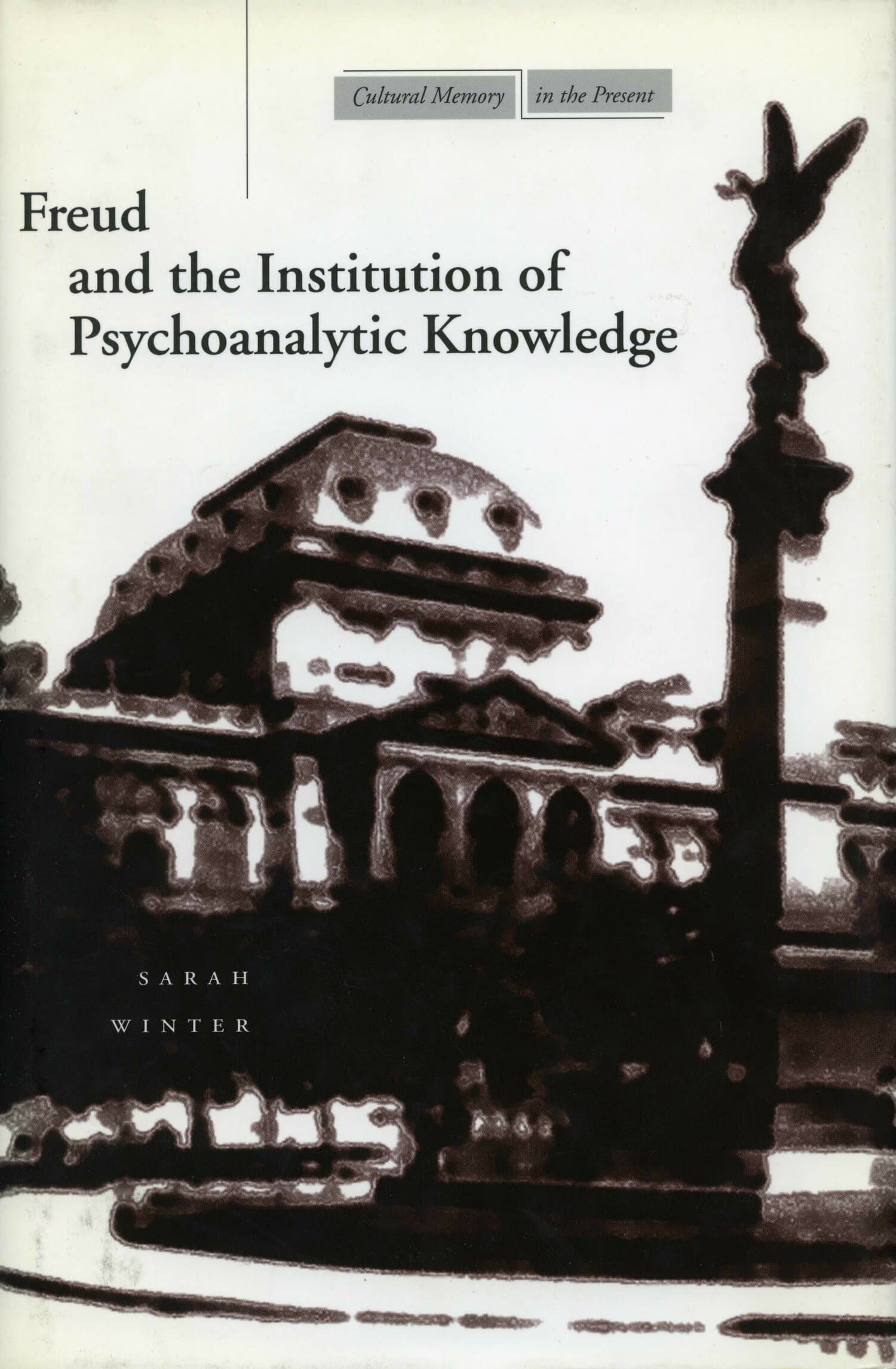The Philosopher’s Desire
Psychoanalysis, Interpretation, and Truth
William Egginton
May 2007
184 Pages
Hardcover ISBN: 9780804755993
Paperback ISBN: 9780804756006
Ebook ISBN: 9780804768276
Also Available from

This book is about interpretation as it pertains to literature, philosophy, and psychoanalysis. It argues against certain trends of thought that claim we should do without interpretation by demonstrating that interpretation, as described by psychoanalysis, is already a fundamental aspect of all human experience. Egginton examines the idea of interpretation developed by Freud; how that notion was in turn changed by Lacan; the debate around psychoanalytic interpretation staged by philosophers like Deleuze and Derrida; and finally how a psychoanalytic notion of interpretation is necessary for even the most basic experience of consciousness.
"Egginton provides a thorough but theoretical discussion of the notion of interpretation as it relates to literary and philosophical texts. Relying on the work of major literary, psychoanalytic, and cultural critics, Egginton problematizes the idea that authors can be distinct from their interpretations... [A] valuable contribution to the study of literature, literary criticism, psychoanalysis, and cultural studies."—CHOICE
"This tightly wound and carefully crafted treatise reads like wonderful detective fiction. It brings together dominant twentieth-century interpretive practices usually understood to be in opposition to one another in order to focus on a singular object of interpretation they have in common: that of the philosopher's desire. In tying together psychoanalysis, phenomenological hermeneutics, deconstruction, and literary practice, this book makes a significant contribution to the current fields of psychoanalysis and criticism in general and establishes its author as a leading theorist of psychoanalytic commentary."—Gregg Lambert, Syracuse University
"This tightly wound and carefully crafted treatise reads like wonderful detective fiction. It brings together dominant twentieth-century interpretive practices usually understood to be in opposition to one another in order to focus on a singular object of interpretation they have in common: that of the philosopher's desire. In tying together psychoanalysis, phenomenological hermeneutics, deconstruction, and literary practice, this book makes a significant contribution to the current fields of psychoanalysis and criticism in general and establishes its author as a leading theorist of psychoanalytic commentary."—Gregg Lambert, Syracuse University
William Egginton is Professor of Spanish and Latin American Literature at The Johns Hopkins University. He is the author of Perversity and Ethics (Stanford, 2006) and How the World Became a Stage: Presence, Theatricality, and the Question of Modernity(2003).




